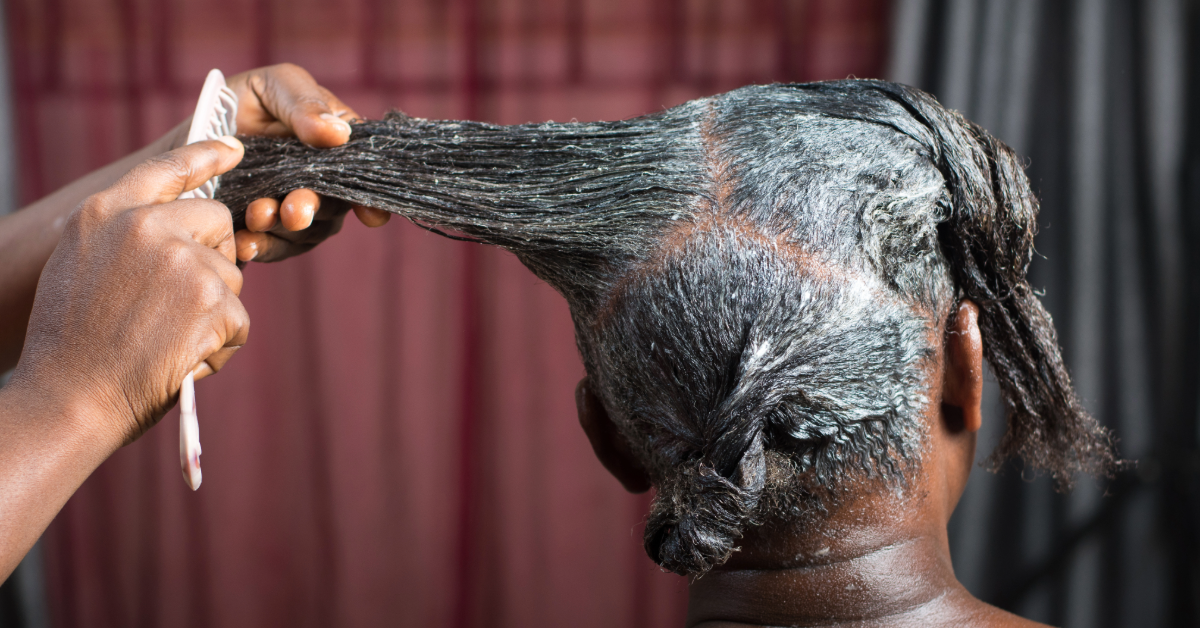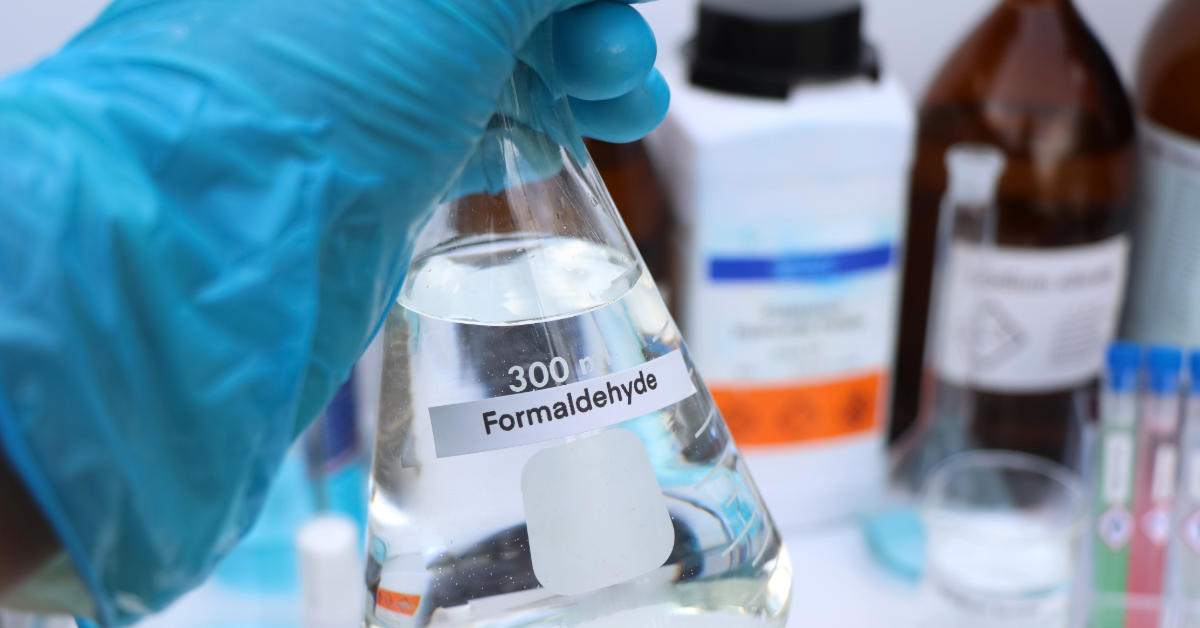
Hair Relaxers Linked to Uterine Cancer by the JNCI.
A 2022 study released by the Journal of the National Cancer Institute (JNCI) has linked many big-name brands of hair relaxer to an increased risk of developing uterine cancer. Based on the findings of the Sister Study, a long-term effort conducted by the National Institutes of Health (NIH), women who frequently use chemical hair relaxers or straight perms are more than twice as likely to develop uterine cancer over their lifetimes compared to those who do not. Frequent hair relaxer use has also been linked to other forms of feminine reproductive cancer, such as ovarian, endometrial, and fallopian tube cancer.
WHY ARE CHEMICAL HAIR RELAXERs LINKED TO UTERINE CANCER?
Several toxic chemicals regularly found in popular hair relaxers have been identified by the NIH’s Sister Study as possible causes for the increased risk of developing uterine cancer, including formaldehyde (which was classified as a Group 1 carcinogen by the IARC), cosmetic parabens, phthalates, bisphenol A (BPA), dimethyl sulfoxide, and ammonium thioglycolate. Some of these substances are known as endocrine-disrupting chemicals (EDCs), and they have also been found to throw off the body’s hormonal system and cause a wide array of health problems. Repeated exposure to EDCs has been linked to an increased risk of obesity, diabetes, thyroid disorders, breast cancer, ovarian cancer, infertility, and other incurable disorders.
Many beauty brands have been using EDCs in their hair relaxers and other products as scent enhancers, but most customers never find out because these ingredients never make it onto the packaging label. According to the FDA, ingredients that are used for fragrances or flavor-enhancing and considered to be company “trade secret” can be listed on the packaging label simply as “fragrance,” “parfum,” “artificial flavors,” or other designations. Though EDCs have been linked to many health issues, the FDA does not yet consider them to “pose known risks for human health” and has not regulated their use in consumer products, so they can be left off the ingredients label entirely and called “fragrances” instead.
Significant exposure to EDCs and other cancer-causing substances like formaldehyde have been linked to a wide variety of symptoms, ranging from mild to potentially life-altering conditions:
Common minor symptoms:
- Skin irritation
- Respiratory problems
- Drowsiness
- Headaches
- Scalp burns
- Constipation
- Hormone disruption
Severe symptoms:
- Vomiting
- Diarrhea
- Liver, kidney, or lung damage
- Cellular toxicity
- Cell death (known as apoptosis)
- Impaired fetus development
- Systemic toxicity
The active ingredients found in most hair relaxer formulas— such as sodium hydroxide and guanidine carbonate— are not reported to be cancerous, but they can create symptoms that make it more likely for hair relaxer users to develop uterine cancer. These chemicals are prone to causing skin irritation, burns, and dermatitis, especially when found in high concentrations or left on the scalp for too long. The open wounds that these chemicals can create make it far easier for the cancer-causing substances found in some hair relaxers to be absorbed through the scalp.
WHICH BRANDS ARE NOT SAFE TO USE?
Many hair relaxer companies have made an appearance in the ongoing MDL lawsuit, including brands from large international corporations like L’Oreal and Revlon. Any brand of hair relaxer formula containing EDCs or carcinogenic chemicals like formaldehyde is considered by the lawsuit to be a potential cancer risk. If you’re unsure if your brand of hair relaxer is safe to use, here are some (but not all) of the most common hair relaxers at risk:
- Dark & Lovely — L’Oréal
- African Pride — Olive Miracle
- Supreme Conditioning Creme No Lye Relaxer — Ultra Sheen
- ORS Olive Oil — Namaste, LLC
- Regular Conditioning No-Lye Hair Relaxer — TCB Naturals
- Motions — Strength of Nature Global, LLC
- Just for Me — Soft & Beautiful
- Creme of Nature — Revlon
You may also like
FDA signals to propose a ban on Hair Relaxers with Formaldehyde.
One year after the Journal of the National Cancer Institute (JNCI) reported that the risk of develop
New study from Boston University connects hair relaxer to uterine cancer.
In October, the Black Women’s Health Study at Boston University reported that women who frequently




